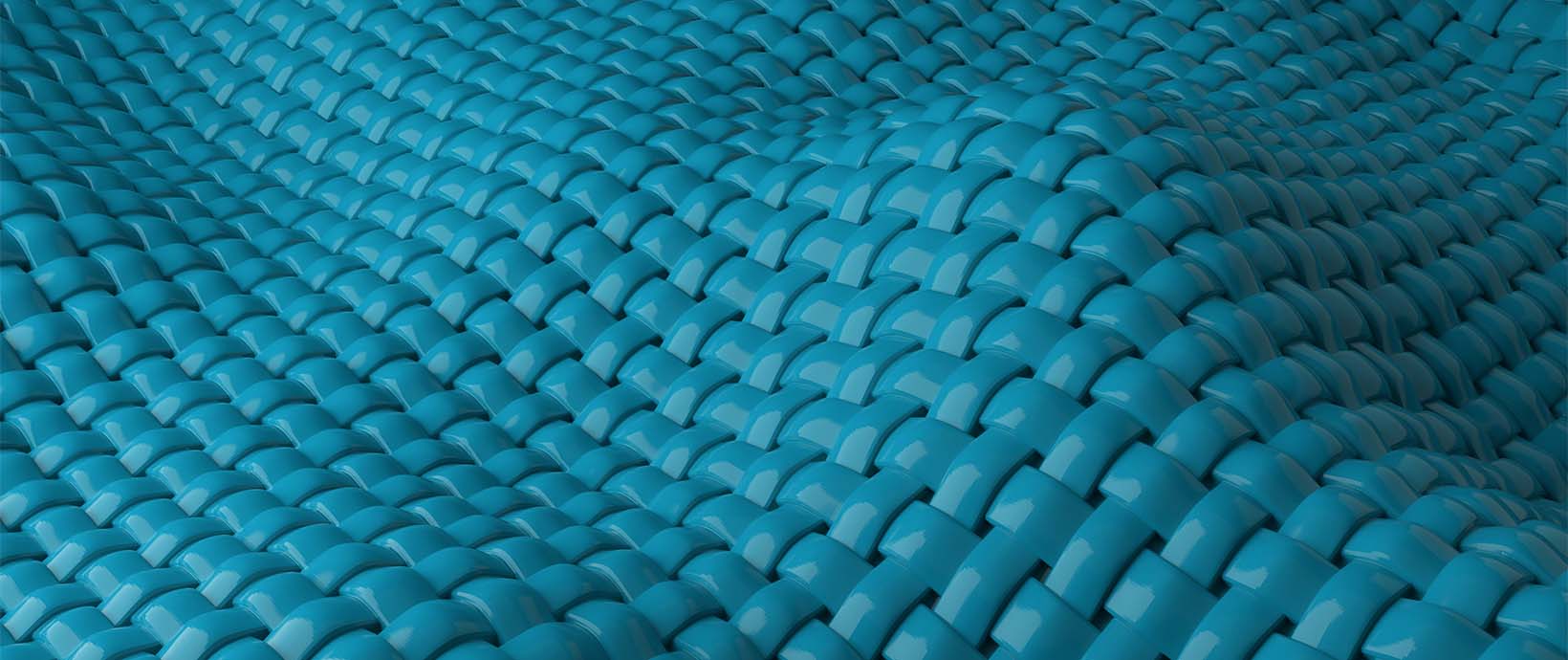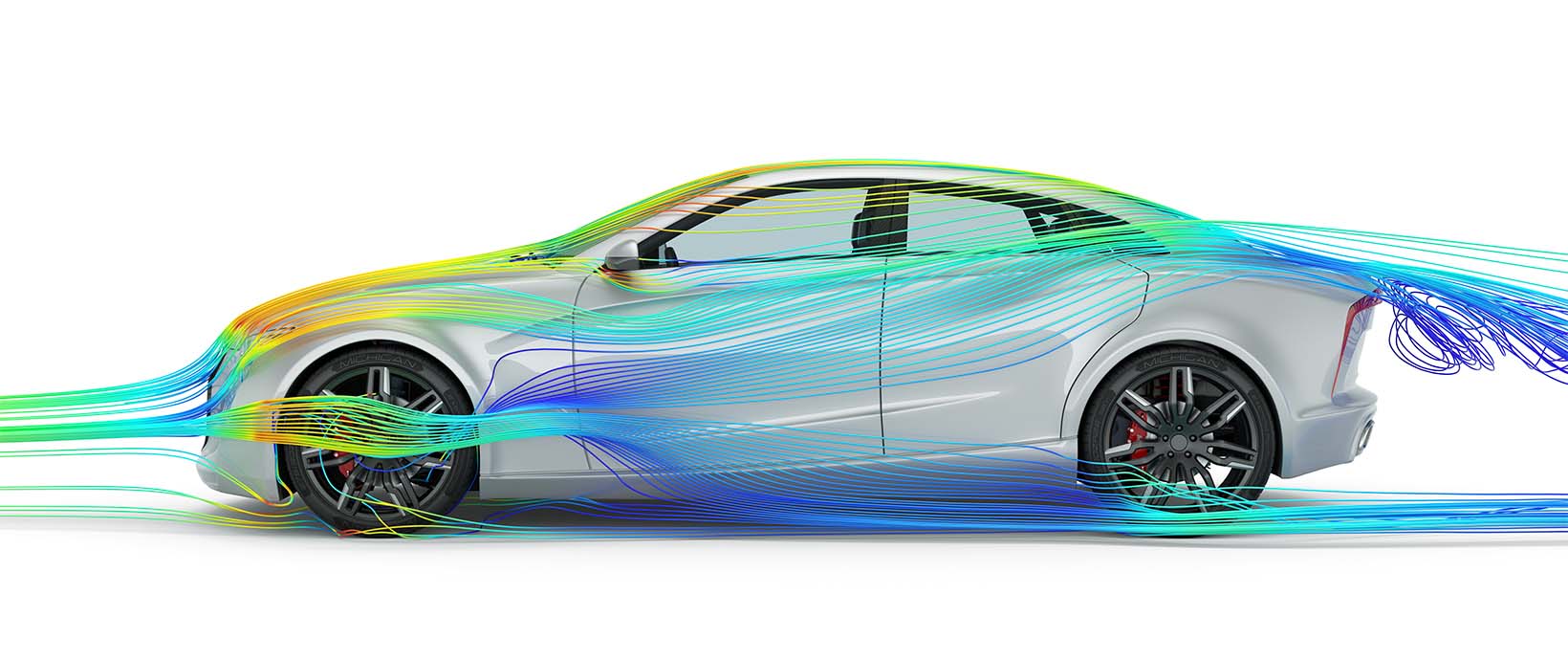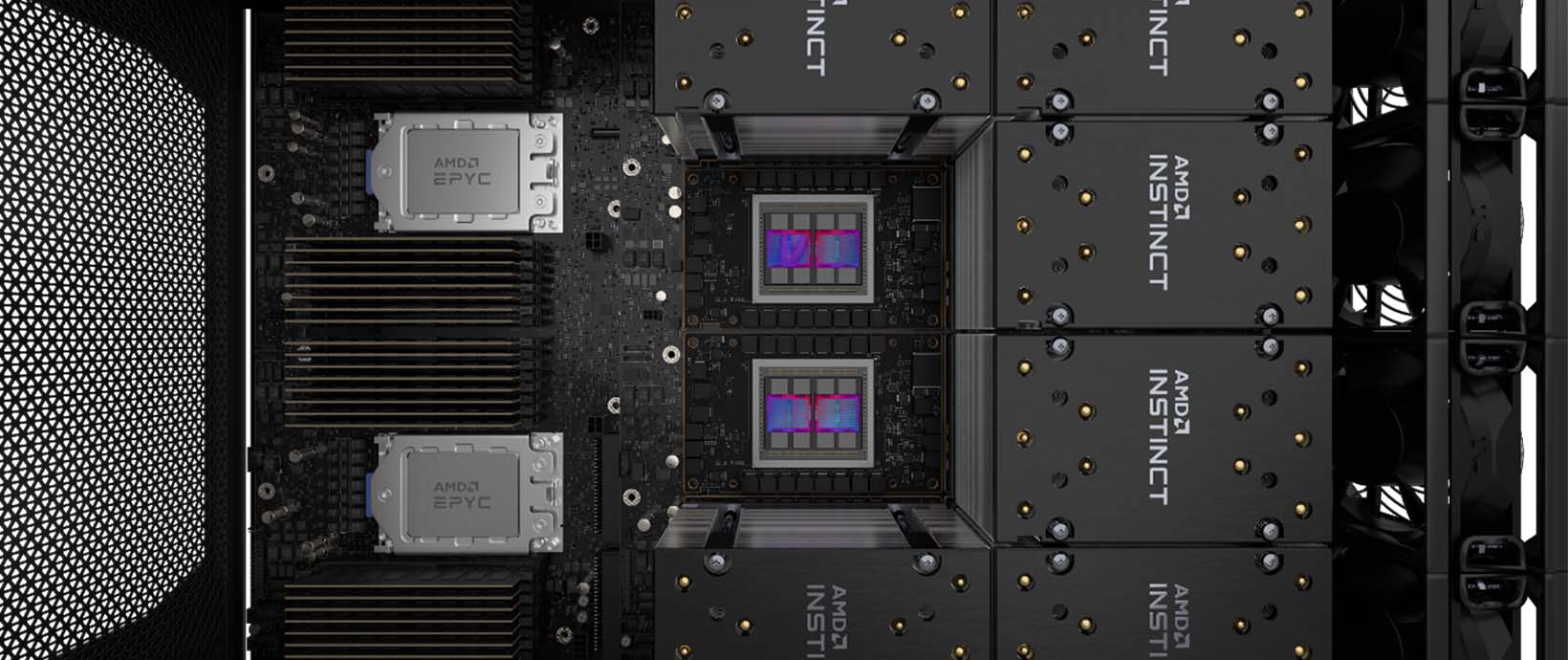When Classical and Quantum Computing Collide

The controversial emergence of quantum theory at the beginning of the 20th century introduced a new way of thinking about the physical world and marked a vast departure from classical physics. This new theory described our world at the subatomic level, proposing a reality that doesn’t exist until we observe it and a duality of matter that doesn’t align with classical physics.
More than a century later, we’re still working to harness quantum knowledge so we can better understand the world around us using quantum computers. That said, our understanding of quantum computing is advancing and we’re closer than ever to unlocking applications outside of what’s possible with classical computing. To achieve this, classical and quantum computers will not work in opposition but, instead, complement one another.
In previous articles, we discussed boosting tomorrow’s innovation and quantum computing for science and product development. Now, we turn to the topic of classical versus quantum computing to clear up some common misconceptions.
Will Quantum Computers Replace Supercomputers?
It’s widely believed that quantum computers will supercharge simulation and modeling — much as artificial intelligence (AI) is shaping today’s technology landscape — but that’s not quite the case.
Quantum computing, though expected to be exponentially faster than classical computing for specific applications, won’t replace traditional high-performance computing (HPC). Instead, it will coexist alongside tomorrow’s top-performing supercomputers. The two technologies will exist in parallel and will excel at different types of challenges.
There are things a supercomputer can do better than a quantum computer, and vice versa. For instance, classical computers are good at serial processing, performing sequential calculations in which one operation follows another. They can be configured to perform calculations more quickly and accurately than quantum computers. They can also perform in everyday conditions, like data centers, in which elevated system temperatures are mitigated by air or liquid cooling. Quantum computers, because of the delicate nature of the qubits they use to represent data, require specialized environments that may need to be isolated from Earth’s magnetic field, or run at temperatures approaching absolute zero, for example.
This may seem like a vast engineering challenge (and it is) – but we need quantum computers to unlock a range of applications not suited for classical machines. For example, within quantum computers, there is no need to represent molecules or materials in terms of average interaction states. Instead, we can use other quantum bits (qubits) to represent them. There are many potential use cases, many of which we have not even thought of yet. But we expect early applications in areas such as weather prediction, autonomous vehicles, finance, and more.
Quantum computers are expected to be especially useful in critical industries such as healthcare, where they can accurately simulate complex molecular behavior and interactions, boosting drug discovery and enabling personalized medicines.
Quantum computing is also likely to crack today’s strongest cryptography techniques, requiring a new take on cybersecurity. Methods such as RSA encryption are typically enough to ensure data security today, but quantum computers could break that encryption by quickly drilling down to prime factors of large numbers, something classical systems can’t easily do.
Organizations like the National Institute of Standards and Technology (NIST) are already developing post-quantum cryptography that will be more resistant to quantum strengths. “Historically, it has taken almost two decades to deploy our modern public key cryptography infrastructure,” says NIST. “Therefore, regardless of whether we can estimate the exact time of the arrival of the quantum computing era, we must begin now to prepare our information security systems to be able to resist quantum computing.”
But overall, quantum computers will need help from classical HPC. Quantum systems need hardware to control the qubits they use to define and manipulate data — as binary data is used in classical computing, but with an infinite number of possible combinations — and those qubits require preprocessing to make algorithms quantum-ready. Quantum computing also calls for specialized ”error correction” chips to decode the terabytes of data that quantum computers generate every second to correct the errors that hamper today’s machines. Even when quantum computers are ready for prime time, we’ll still rely on traditional systems to augment them.
Quantum Error Correction
To unlock the promise of quantum computing, we need to correct the errors that hamper quantum computers. Today’s quantum computers have limited capabilities because their fundamental building blocks, qubits, are highly error prone. Whereas it’s relatively simple to correct errors in classical computing, it’s more difficult to do in quantum computing without collapsing the delicate quantum state, which leads to system failure after just a few hundred quantum operations.
Quantum computing’s extraordinary potential will only be realized when we build machines capable of at least a trillion error-free quantum operations, or “TeraQuOps.” This is known as fault-tolerant quantum computing. It’s now widely recognized that we can’t unlock useful applications without quantum error correction. There are multiple qubit types, and each one is racing to scale to the TeraQuOp threshold.
It’s not enough to simply build quantum computers with more and better qubits. Unlocking the full spectrum of quantum computing applications requires new hardware and software tools to control inherently unstable qubits and correct system errors 10 billion times or more per second. Riverlane designs and engineers such tools, and they implement them with leading quantum computer makers using every type of qubit.
That’s one reason why Altair has invested in Riverlane. Riverlane’s Deltaflow Quantum Error Correction Stack works across multiple qubit types, and every quantum computer will need quantum error correction.
The Future of Quantum Computing
Quantum computers are expected to unlock new use cases and help us tackle problems that are intractable on classical supercomputers. They'll also accelerate scientific research, much like the integration of AI and other technologies has enhanced solutions for simulation, generative design, data analytics, and more, improving both speed and accuracy.
We expect a similar scenario to play out for quantum computing, but existing simulations won’t just speed up. Quantum computing will unlock a whole new range of applications. Users won’t need to learn about quantum mechanics or how to write quantum algorithms, just as they haven’t needed to learn machine learning algorithms to take advantage of AI. They’ll be able to access powerful quantum computing via a user-friendly GUI.
Although quantum computing is still in its infancy, this exciting technology is well on its way to taking its place alongside classical computing and HPC to propel science, innovation, and discovery to new heights.




